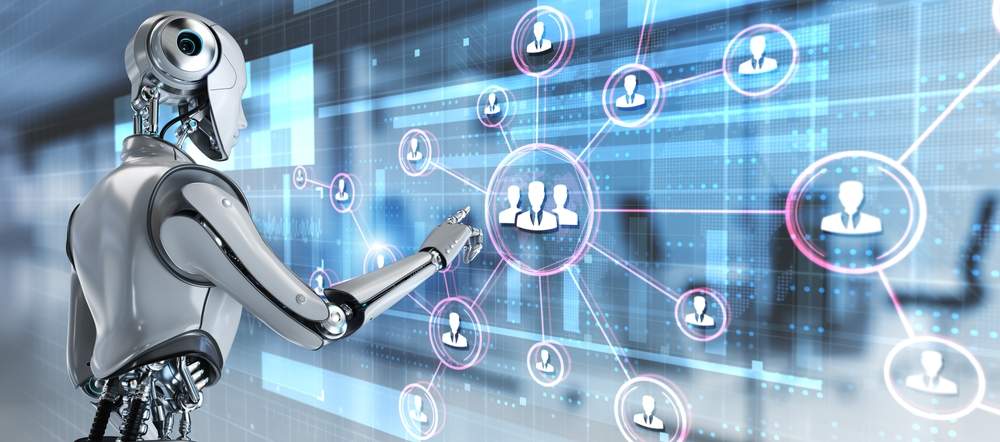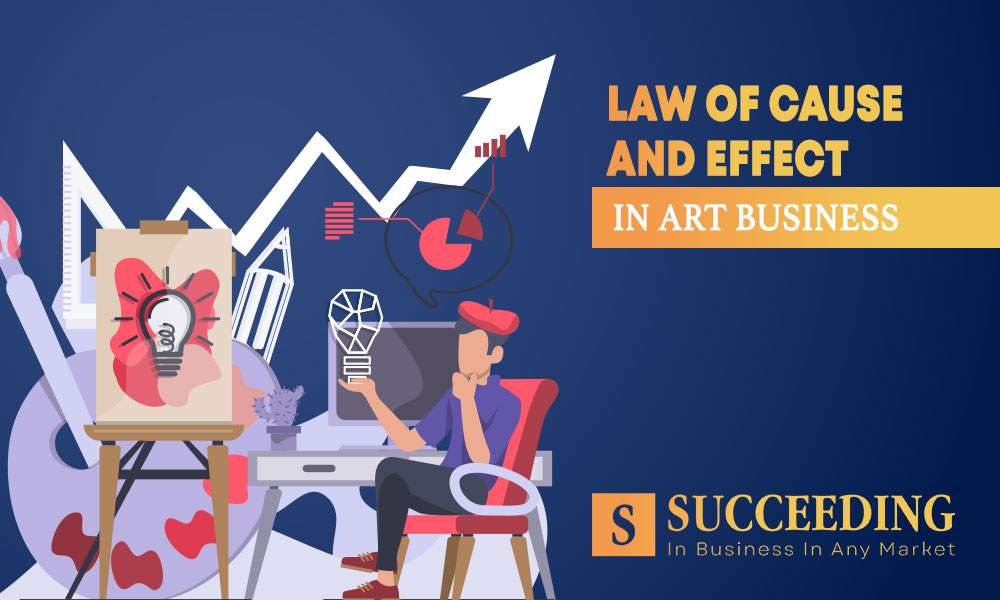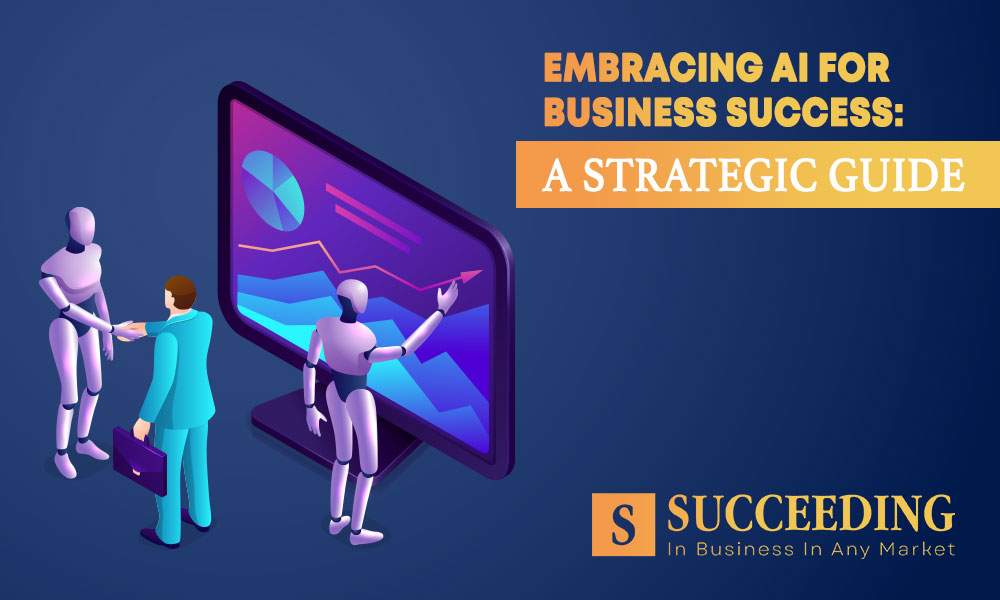Post Date: February 14, 2024

In the fast-evolving landscape of business, the role of Human Resources (HR) and recruitment is undergoing a profound transformation. This article explores how Artificial Intelligence (AI) is reshaping traditional HR practices and revolutionizing recruitment processes.

The Changing Landscape of HR and Recruitment:
Traditionally, HR professionals faced challenges in sourcing, screening, and hiring the right talent. The reliance on manual processes often led to inefficiencies and missed opportunities. With the advent of AI, a paradigm shift is occurring, empowering HR to overcome these challenges and unlock new possibilities.
AI in HR: Transforming Workforce Management:
AI in HR goes beyond the recruitment process. It encompasses a range of applications, including employee engagement, performance analysis, and skill development. AI-driven systems can analyze vast datasets to identify patterns and trends, providing valuable insights for workforce management.
Recruitment Revolution: The Role of AI:
The recruitment process is undergoing a revolution with the integration of AI. AI-powered tools are automating tasks like resume screening and candidate matching, enabling HR professionals to focus on strategic aspects of recruitment. Predictive analytics is becoming a game-changer, assisting in identifying top talent and making data-driven decisions.
Benefits of AI in HR and Recruitment:
The benefits of incorporating AI into HR practices are substantial. Increased efficiency, reduced bias, and data-driven decision-making are among the key advantages. AI enhances the candidate experience by streamlining processes, providing quick responses, and offering personalized interactions. Moreover, administrative tasks for HR professionals are significantly streamlined, allowing for more strategic contributions.
Challenges and Concerns:
While the benefits are evident, the integration of AI in HR is not without challenges. Concerns about job displacement and ethical considerations related to data privacy and transparency must be addressed. Acknowledging these challenges is crucial for organizations seeking to harness the full potential of AI in HR.
AI Tools and Technologies in HR:
A diverse array of AI tools and technologies is reshaping HR processes. Chatbots are enhancing communication, predictive analytics is improving decision-making, and machine learning algorithms are providing valuable insights. Understanding these tools is essential for HR professionals looking to navigate the evolving landscape.
Case Studies:
Real-world examples demonstrate the tangible impact of AI in HR and recruitment. Companies that have successfully implemented AI solutions have experienced improvements in efficiency, cost savings, and overall workforce management. These case studies provide insights into the practical applications and outcomes of AI in HR.
Implementation Strategies for Organizations:
For organizations looking to integrate AI into their HR and recruitment processes, a strategic approach is crucial. This section offers a step-by-step guide, from assessing business needs to selecting the right AI tools and ensuring a seamless transition. Tips for training HR professionals to adapt to AI technologies are also provided.
Future Trends in AI and HR:
The future of AI in HR holds exciting possibilities. Emerging trends, such as natural language processing and AI-driven talent analytics, promise to further optimize HR processes. Organizations that stay abreast of these trends can position themselves for continued success in the evolving HR landscape.

Conclusion:
In conclusion, the integration of AI in HR and recruitment represents a transformative journey for businesses. From automating routine tasks to making data-driven decisions, AI empowers HR professionals to be more strategic and proactive. The benefits extend beyond efficiency gains, fostering a more inclusive and fair recruitment process.





